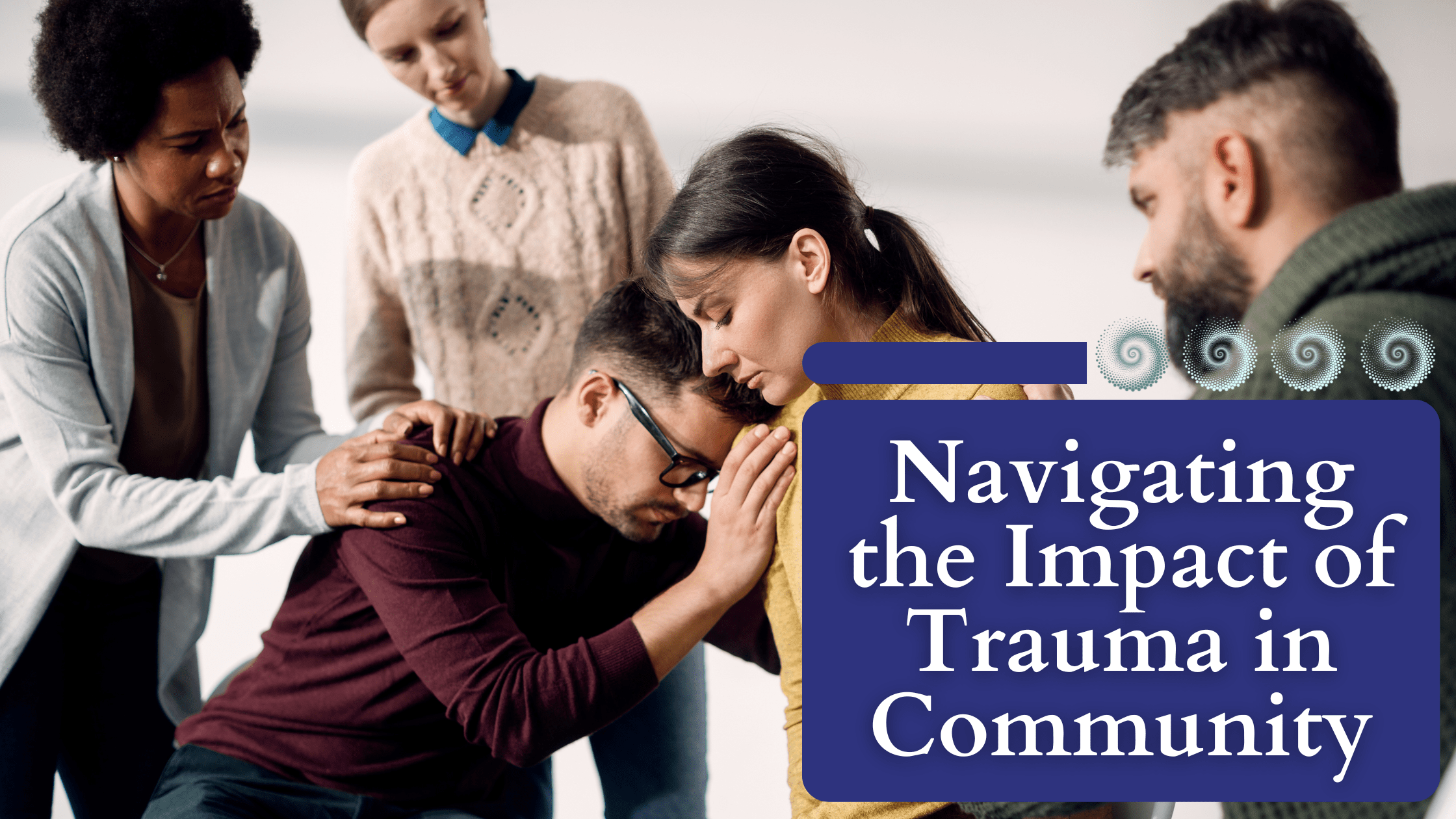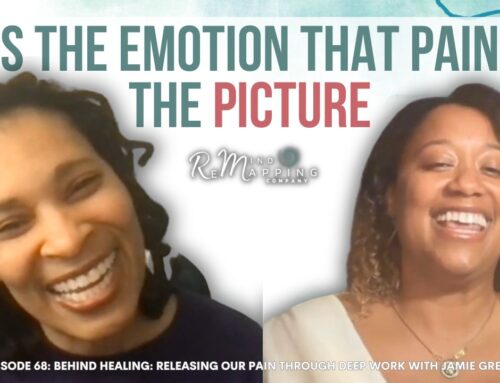
SHOW NOTES:
In This week’s Mind ReMapping Moment, we talk about Navigating the Impact of Trauma in Community. This week, I learned about the latest school shooting in Nashville through a message from the principal of my son’s school. It’s heartbreaking to hear about such tragedies, even if we aren’t directly affected. The trauma ripples through the community and reminds us that we are all impacted in some way.
I want to take a moment to acknowledge the families and communities in Nashville who have been directly impacted by this senseless act of violence. My heart goes out to them, and I send them my love and energy during this difficult time.
When tragedy strikes, it affects everyone in the community, not just those who are directly involved. As a parent, educator, and member of society, I feel the impact of these events, and it’s important to recognize and acknowledge those feelings.
There’s no right or wrong way to feel when tragedy strikes. Our emotions are valid and essential to process. It’s crucial to allow ourselves to feel all the feelings that come up and not dismiss them because we were not directly impacted.
Different types of trauma exist, including primary, secondary, vicarious, and retraumatization. It’s important to recognize the different types of trauma and the impact they can have on our mental health. Even if we aren’t directly affected, we can still experience the effects of trauma, and it’s crucial to take care of ourselves during these difficult times.
Navigating trauma in our communities is challenging, but acknowledging our emotions and seeking support when needed is crucial. We can support those who have been directly impacted by providing a listening ear, offering practical help, and sending positive energy their way.
Finding a supportive community or person to talk to when experiencing difficult emotions is essential. It could be family, friends, a therapist, or a coach. Suppressing emotions can have adverse effects on our bodies, leading to heightened stress levels and other health issues. Hence, it’s necessary to express our emotions and take them out of our bodies.
Processing emotions takes time and may look different for everyone. It’s essential to have compassion for ourselves during this process and allow ourselves time and space to move through our emotions. As leaders in workspaces and communities, we must provide safe spaces for discussion and make therapeutic resources available to staff and employees.
Our children are also affected by trauma and grief, whether directly or indirectly. As parents, we must be aware of their emotions and behaviors and provide support as needed.
As we move forward from this tragic event, let’s remember that we are all connected, and the impact of trauma is far-reaching. Let’s continue to support one another and work towards a future where senseless acts of violence are a thing of the past.
————————————————————————
Follow Dr. Maiysha on Social media
www.facebook.com/DrMaiysha
www.instagram.com/DrMaiysha
www.twitter.com/DrMaiysha
www.YouTube.com/DrMaiysha
Hosted by: Dr. Maiysha Clairborne
————————————————————————-
Ready for the next level in your life? Join the Movement! Become a part of the Mind ReMapping Nation, an exclusive community that empowers your growth & accountability. Go to www.MindReMappingNation.com
Interested to learn Mind ReMapping? Have you thought about becoming a coach? You can! Attend our next Mind ReMapping LIVE Training in Atlanta, and learn the tools to remap your mind in this transformational NLP/Hypnosis and Coach Certification training. Visit www.mindremappingacademy.com or schedule an interest call at www.remapmymind.today










